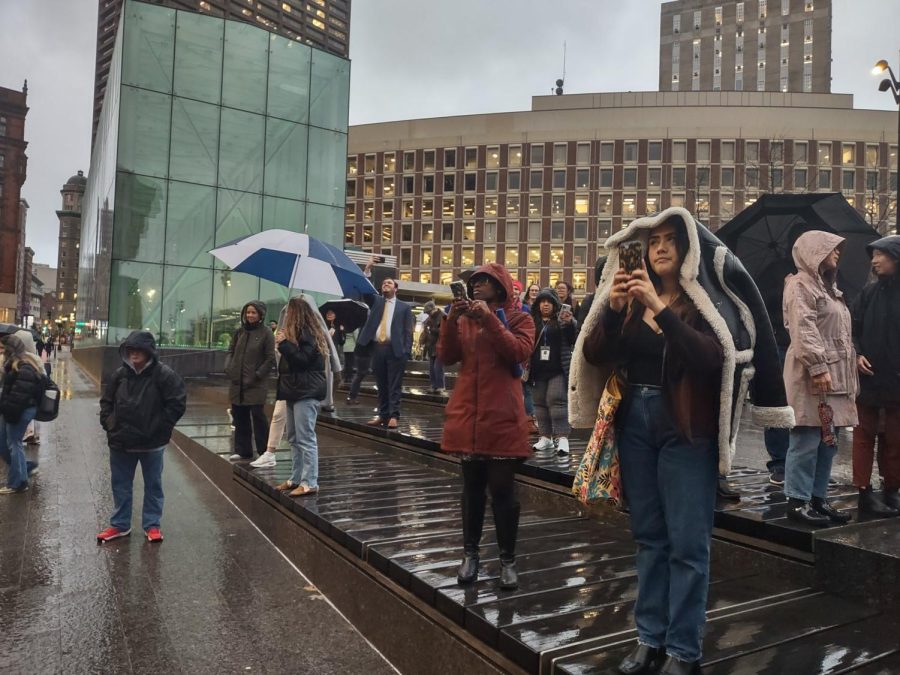In the last half-century, a period known as the “Great Acceleration,” humankind has seen an explosion of population and economic growth so intense that it has threatened to completely deplete the world’s resources of food, water and energy.
The high-consumption lifestyles in developed countries, combined with the rising consumption in developing and emerging countries, have directly resulted in land degradation. This has taken place on such a large scale that more than 75 percent of the land on Earth is considered substantially degraded.
This information comes from a 2018 report written by the Intergovernmental Science-Policy Platform on Biodiversity and Ecosystem Services (IPBES), which was completed over a period of three years by more than 100 experts from 45 countries.
These degraded and polluted lands have either become deserts or have been deforested and converted to agricultural production. Deforestation and pollution are also the main causes of species extinctions.
The World Wildlife Foundation’s (WWF) recent “Living Planet Report,” identified a global wildlife decline of 60 percent between just 1970 and 2014.
These studies have begun to paint a picture of a world in crisis, and a species willing to destroy the global ecosystem in order to achieve its goals of expansion.
Human intervention in the environment has reached impossible proportions, with one major study in 2018 showing that humans and their livestock now comprise about 96 percent of all mammal biomass on Earth.
Despite these direct threats humans have imposed on the planet, leaders of the American political system have actively taken steps toward removing the few protections we have in place for the country.
The Trump administration’s pick for Interior Secretary, Ryan Zinke, has proposed to weaken the Endangered Species Act (ESA), which has been the bedrock of American conservationist legislature since 1973. The act has provided a framework for the government to protect species in the country from extinction and help the ecosystems on which they depend.
In July, the Interior Department under Zinke’s leadership proposed three rule changes, which would make it more difficult to hold wildlife agencies accountable, reduce public input and make protections for threatened plants and animals apply on a case-by-case basis.
American conservatives have described legislature like the ESA as obstacles to an individual’s freedom. This attitude overlooks the fact that many of the advancements in medicine and agriculture that have led to this latest human economic and population boom originated from the species at risk.
From the food people eat to many of the medications introduced in the last 25 years, the value biodiversity provides is essential to humankind’s survival as a species.
Although the planet is just now beginning to experience the full-scale negative impacts of human activity, time is running out to halt and repair the damage done. The earliest conservationists in the middle of the 20th century warned of the future we are living in today, and though these dangers have been voiced for the last 70 years, it remains unclear if we will succeed without a complete overhaul of our nation’s current land ethical practices.
American author and pioneer wildlife ecologist Aldo Leopold wrote on the need for a change in the human relationship with nature in his “A Sand County Almanac,” in 1949.
“We abuse land because we regard it as a commodity belonging to us,” wrote Leopold. “When we see land as a community to which we belong, we may begin to use it with love and respect.”











